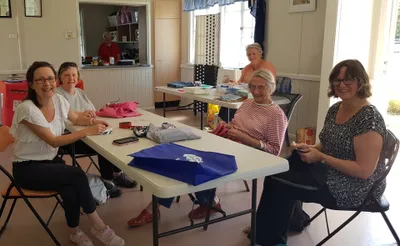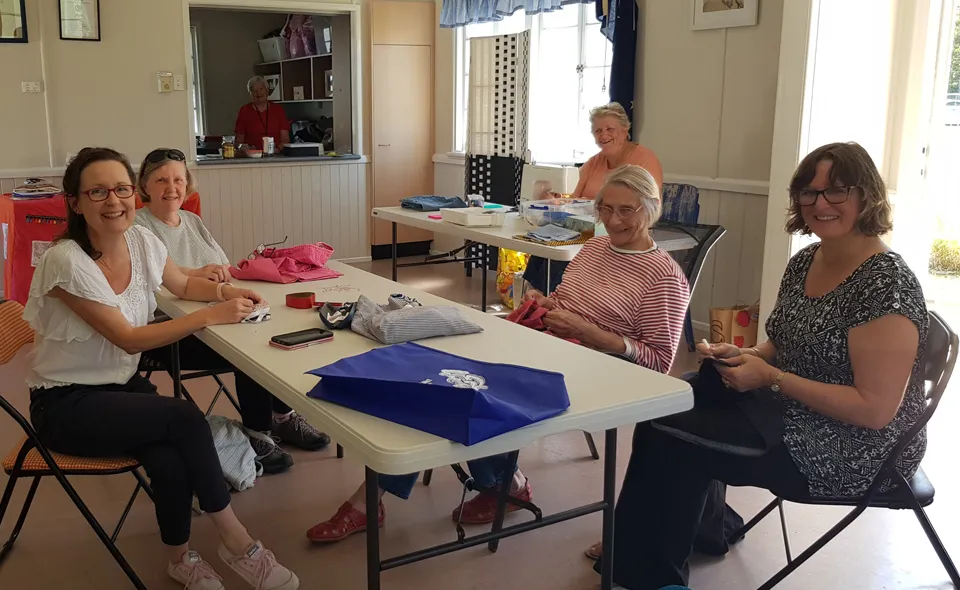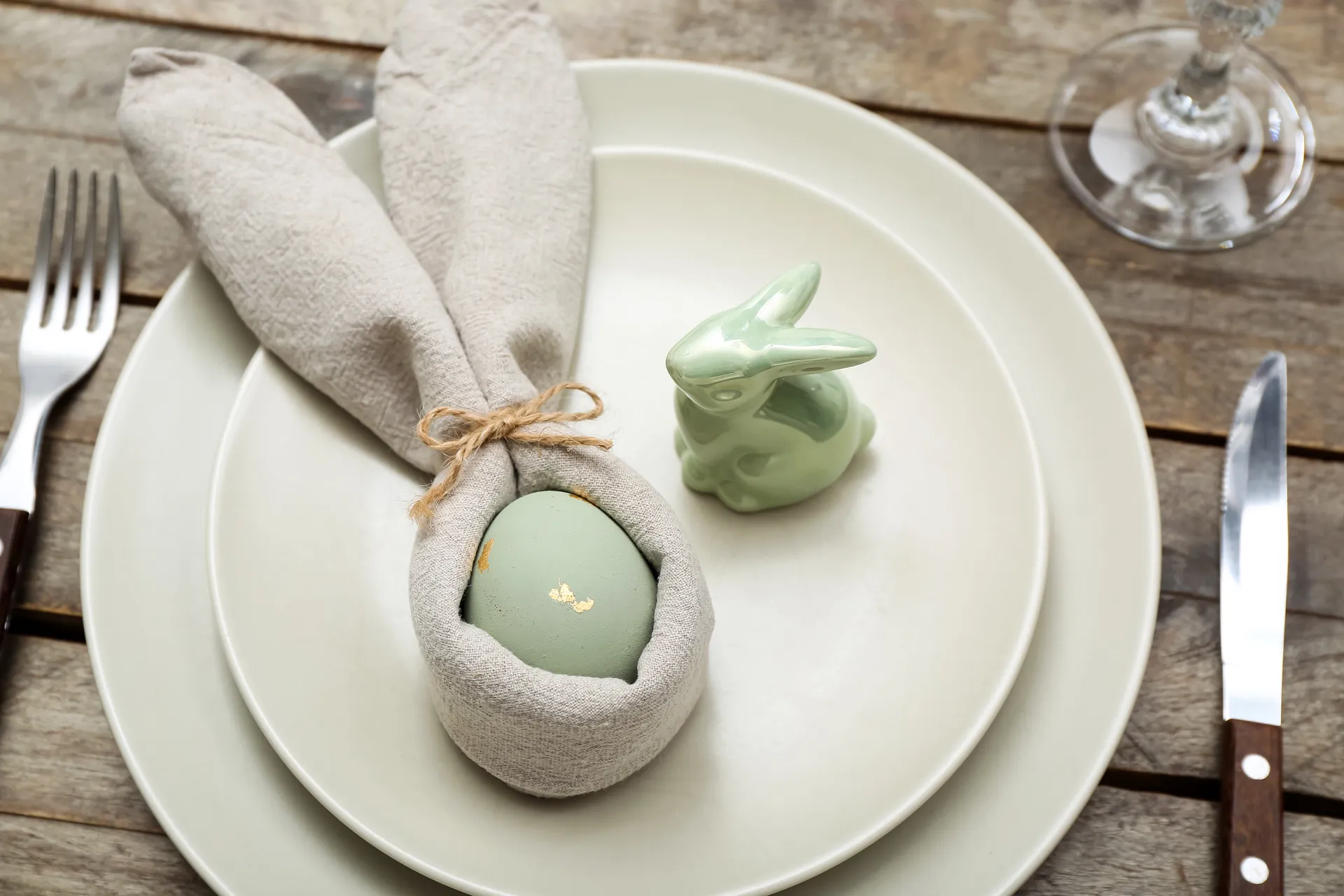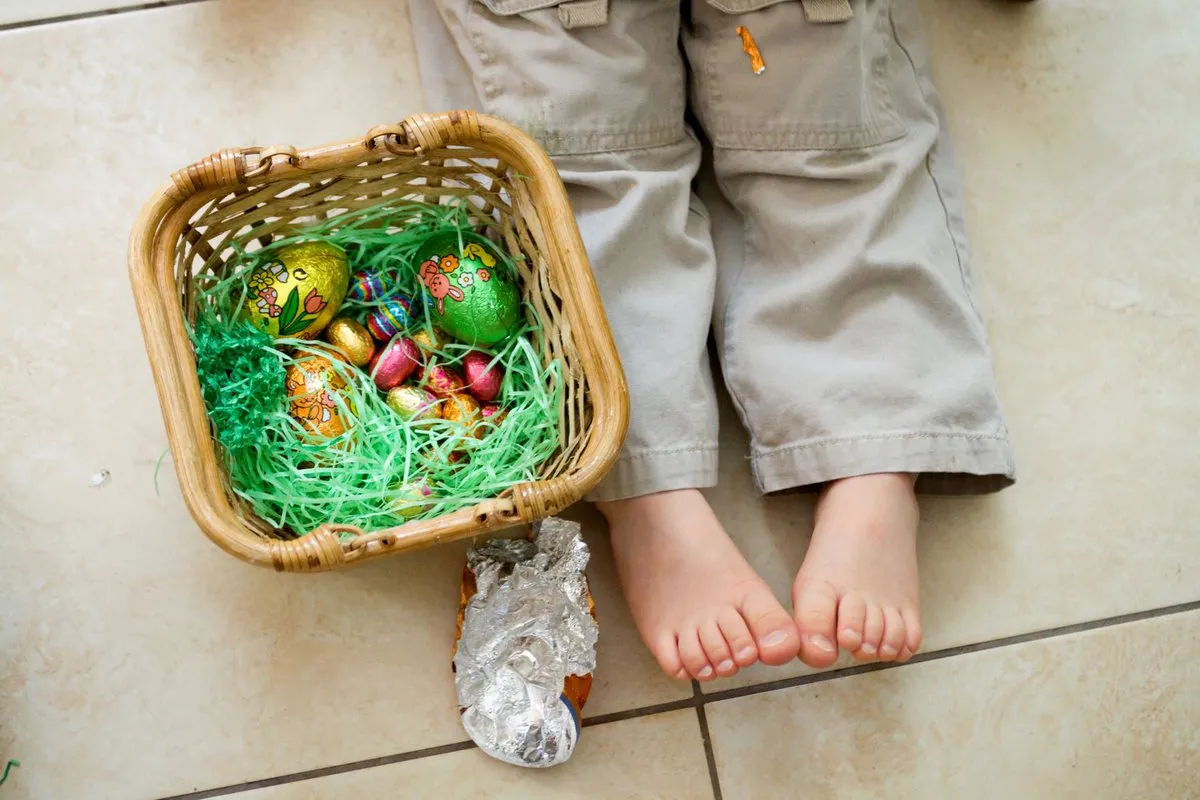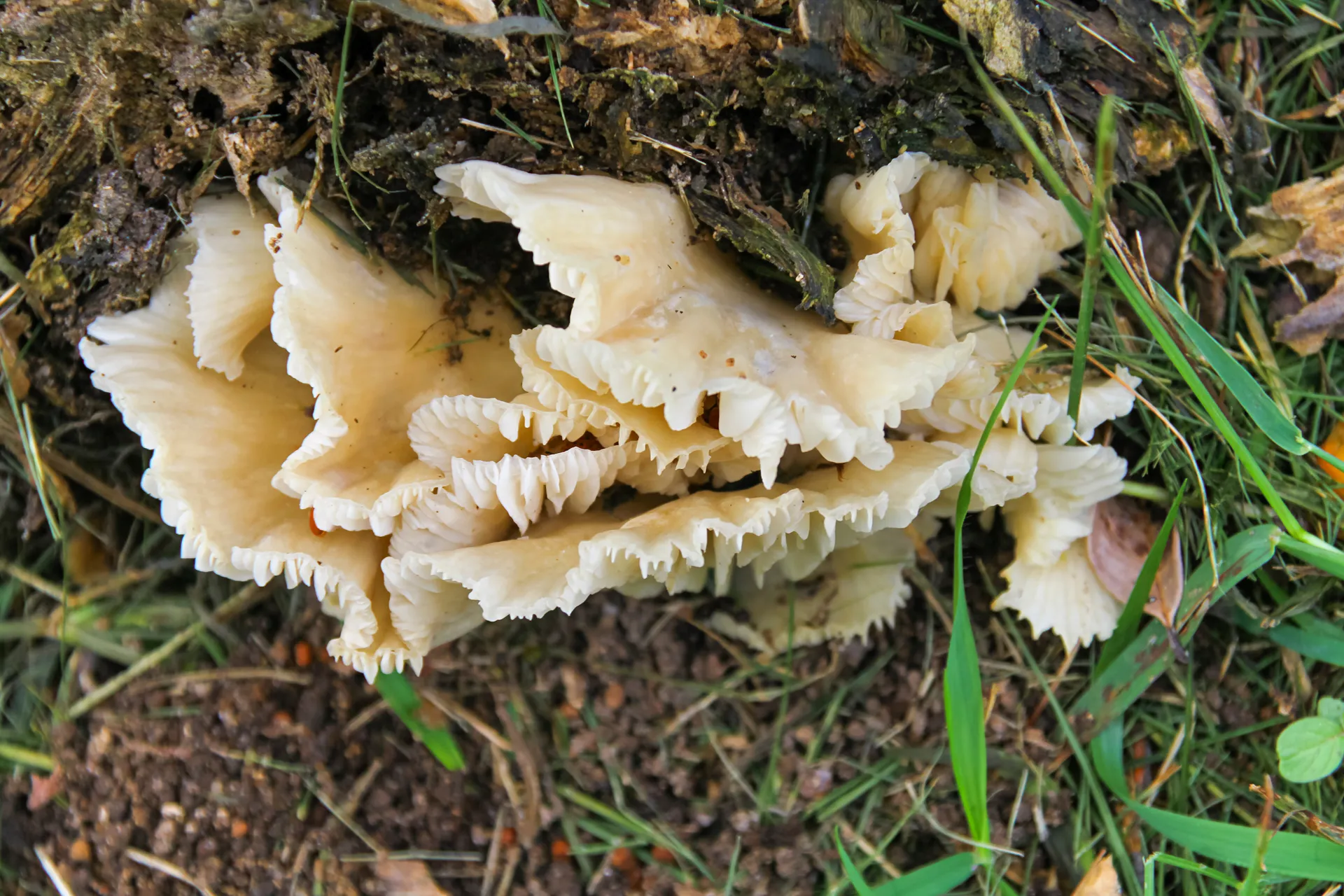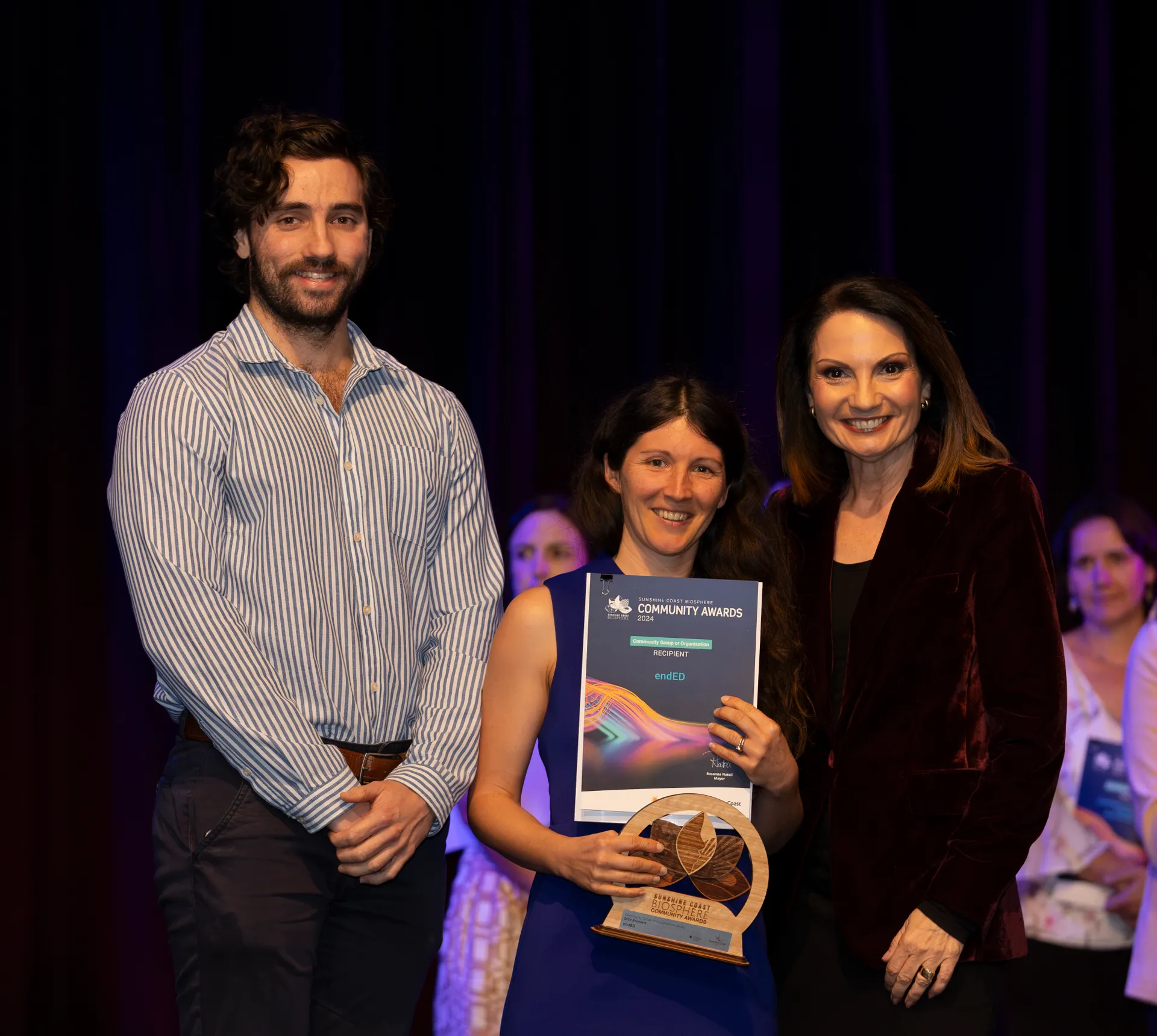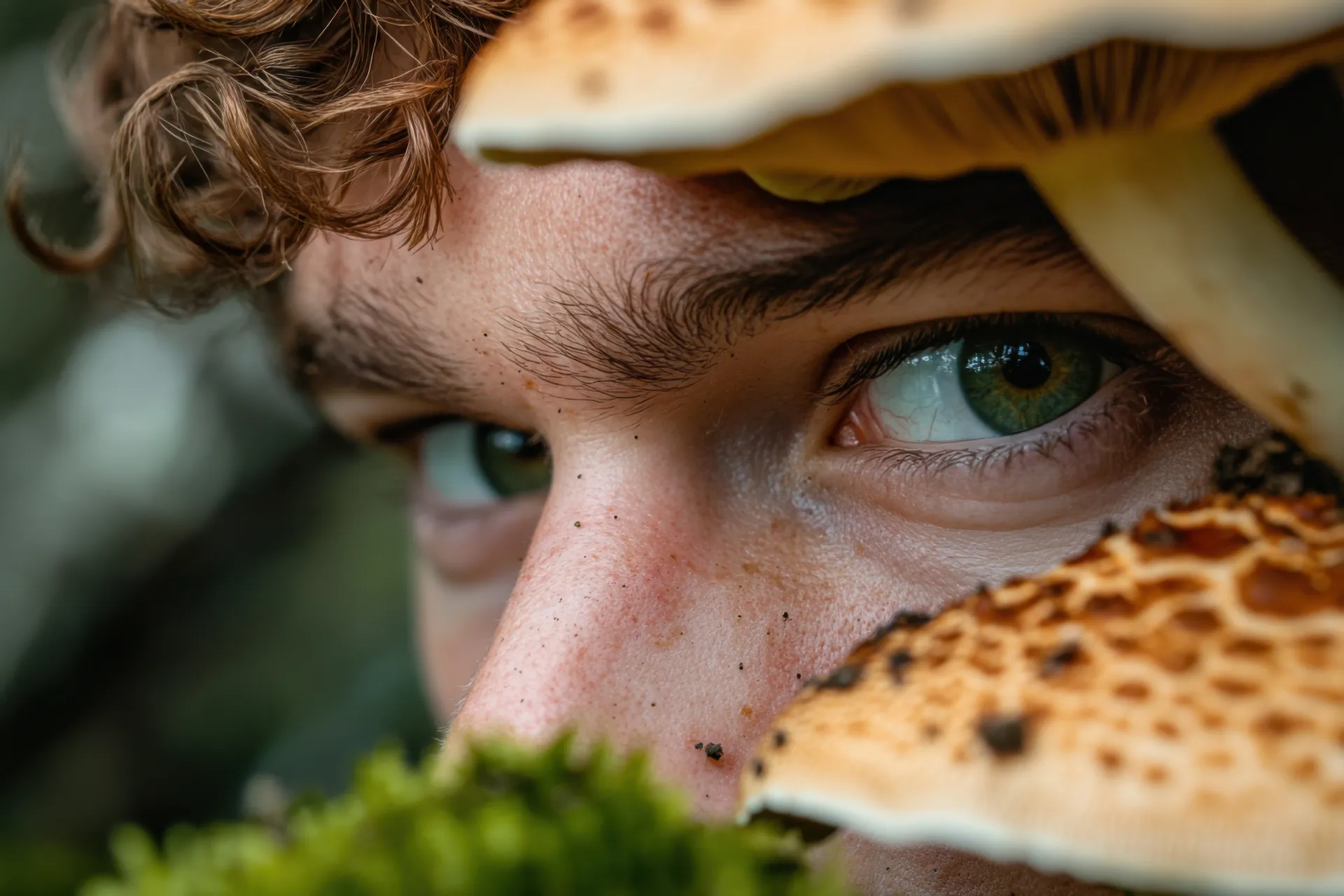Yandina business compost pilot an Australian first
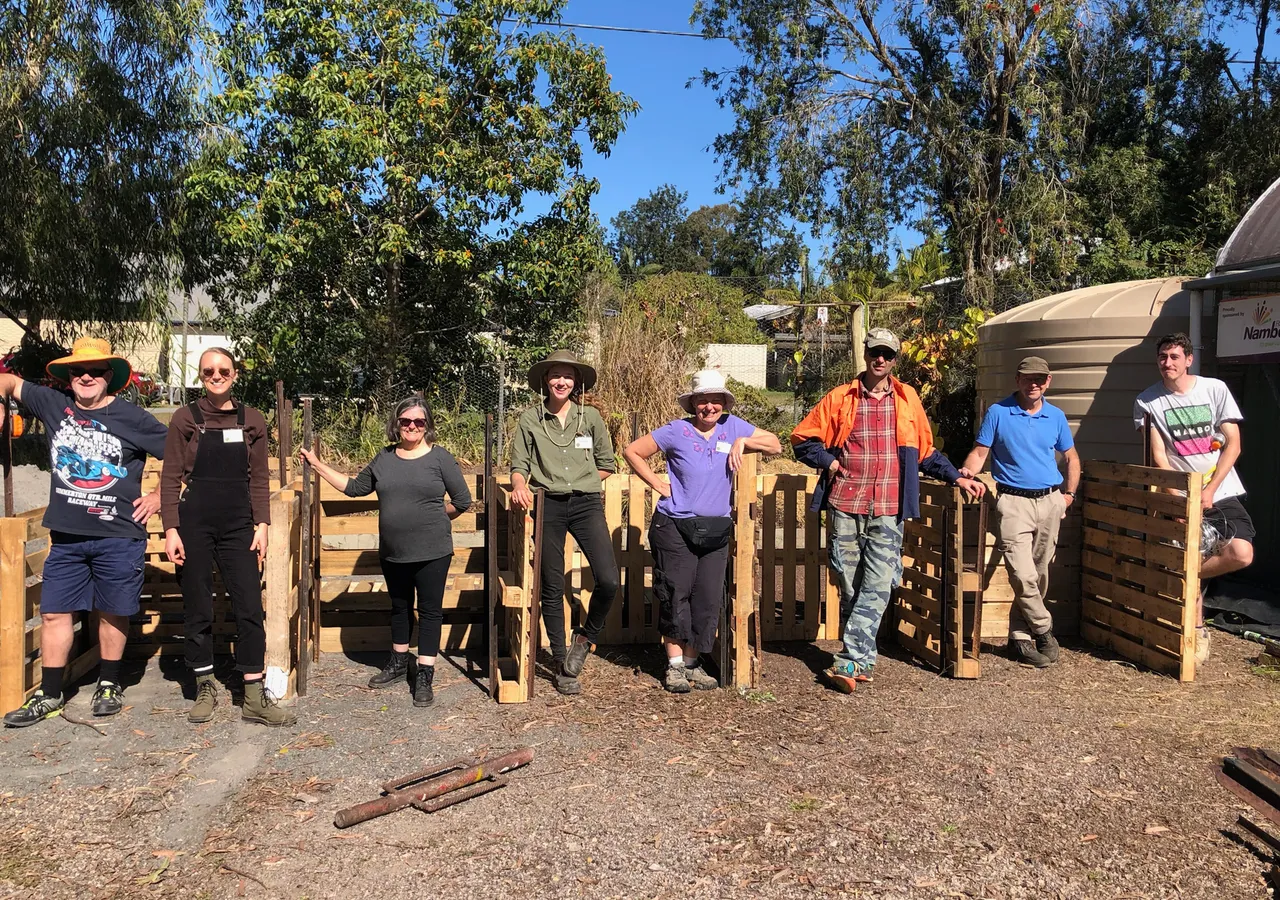
An innovative community composting program in Yandina has diverted a massive 10.3 tonnes of waste from landfill in just six months.
Food Waste Loop, a Yandina Community Gardens (YCG) pilot program, is collecting food waste from local businesses and turning it into compost which is already in high demand.
Thirteen local hospitality and food businesses are participating in the trial which explores the role community gardens could play in Circular Economy outcomes by converting waste to resource in local communities.
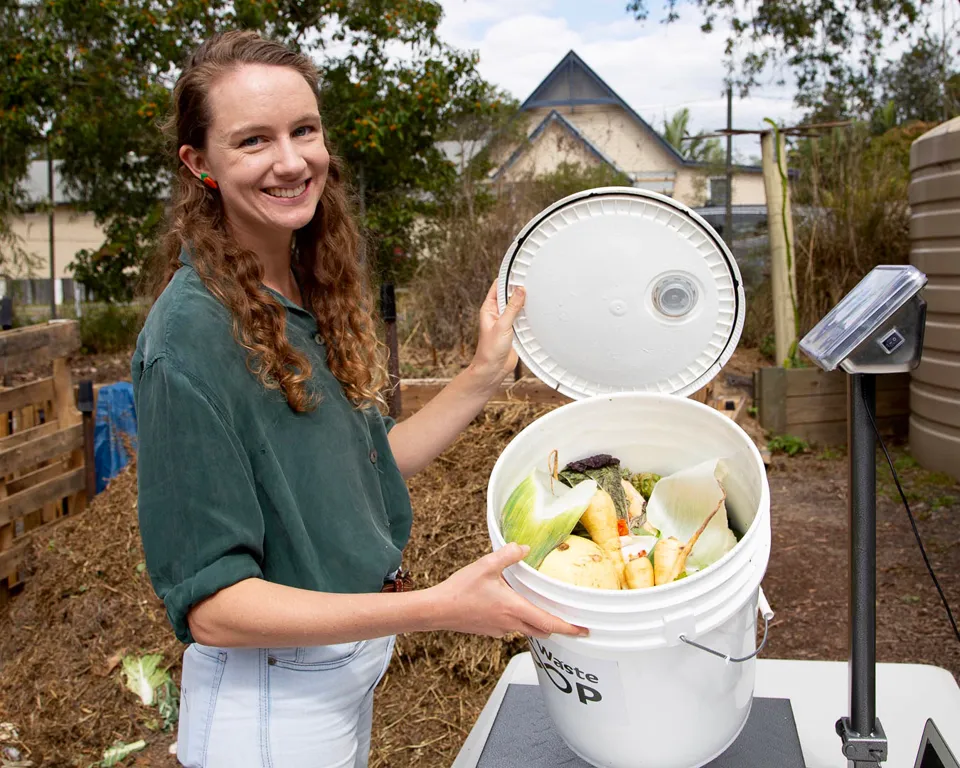
YCG project officer Emily Boyd said that the program has attracted federal government funding due to its potential for replication across the country.
"The pilot is testing our capacity as a local community garden to drive some of the town’s waste from landfill whilst creating an amazing soil improver and soil fertiliser product. The big goal is to determine whether this model could work for other locations around Australia,” Emily said.
The food waste-greenhouse gas connection
It is estimated that five million tonnes of food waste goes to landfill in Australia every year(1) Food waste that ends up in landfill produces a large amount of methane gas, a potent greenhouse gas that traps heat in the atmosphere at a rate 25 times higher than carbon dioxide(2).
Upon reaching the halfway point, the program had already prevented 19,700kg of CO2-e emissions from being released into the atmosphere. With more than 740 community gardens across Australia, it’s easy to see why this trial is gaining national attention.
Emily said that the 12 month pilot had been enthusiastically embraced by Yandina businesses and was generating lively conversations about waste management across the community.
“The support from businesses has been amazing. We’ve had more than 60% uptake and half the businesses that didn’t sign up are already diverting their waste through other streams. It’s been inspiring to see the majority of businesses in Yandina proactively reducing they amount of waste they send to landfill,” she said.
“We keep in regular contact with the businesses so they know how many emissions they have saved by separating out their waste and giving it to us instead of it rotting in landfill. Many didn’t realise how much food waste they were generating but now they can tally up the number of 20 litre buckets they produce each week and know exactly what is going into their bins. We also provide regular updates with how many litres they have diverted.”
Participating businesses
- At Odds Cafe
- Cafe Ginger
- Gun Cotton Coffee Roastery
- Haus Collective
- Lawn Expresso
- Mt Ninderry Meats
- Real Food Market
- The Rocks
- Silo Cafe
- Silo Wholefoods
- Stockmans Pizza, Pasta & Ribs
- Pioneer Coffee Roastery
- Yandina Hotel
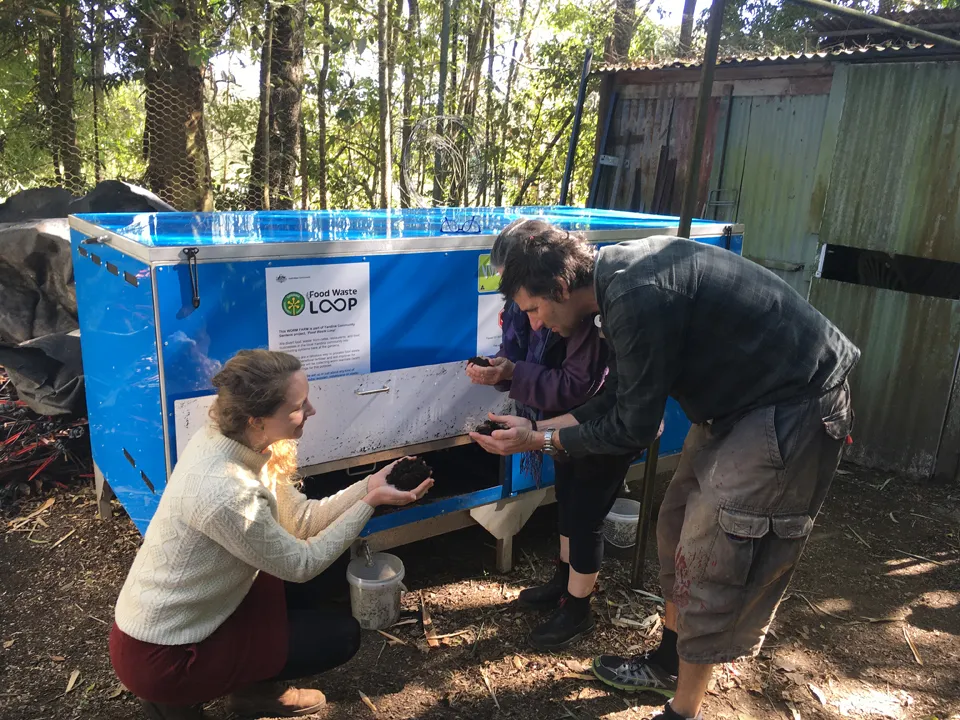
Worms, hot compost and black soldier fly larvae systems
Food waste generated by the businesses is separated into buckets and collected twice a week by the project team and YCG volunteers. It then goes into one of three different composting systems – a worm farm, black soldier fly larvae (BSFL) system or hot compost which operates at 55-70 degrees for several weeks.
Most of the fruit and vegetable waste is fed to the worms, coffee grinds go into the hot compost and the BSFL processes meat waste, dairy, citrus, onions and wheat – all the food the worms don’t like!
Emily said that having three systems running concurrently reduced the pressure on any one system.
“There is resilience in a diverse waste management system. Using a mixture of different waste streams means we are able to process different types of waste. It also allows us to assess the most appropriate processing method for a community garden, particularly when working in a small space,” she said.
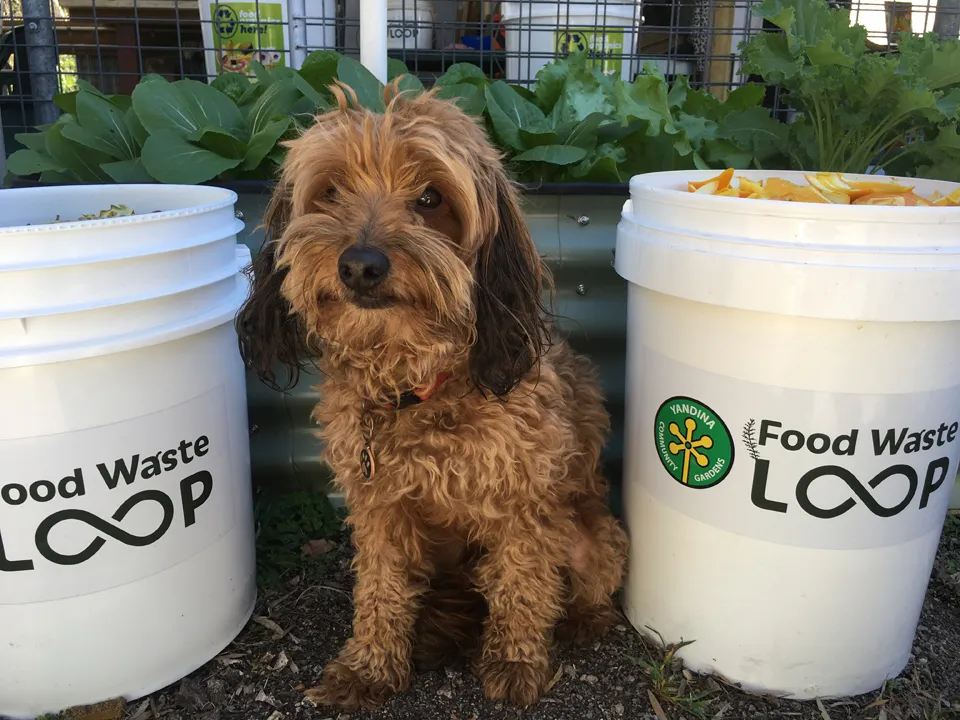
Before getting started, participating businesses were surveyed about their current waste practices and received one-on-one training about how to separate their waste into the dedicated buckets and reduce contamination. Emily has been mentoring each business, helping them to address any challenges along the way. So far, participating businesses have found the transition manageable and have easily incorporated the separation process into the existing business models. The Yandina Community Gardens Facebook and Instagram pages keep the local community and businesses owners in the loop about the program.
Early results have far exceeded expectations. Café Gingers has reported using one less wheelie bin a week of waste. And there is a wait list of community members and local growers who can’t wait to get their hands on the compost.
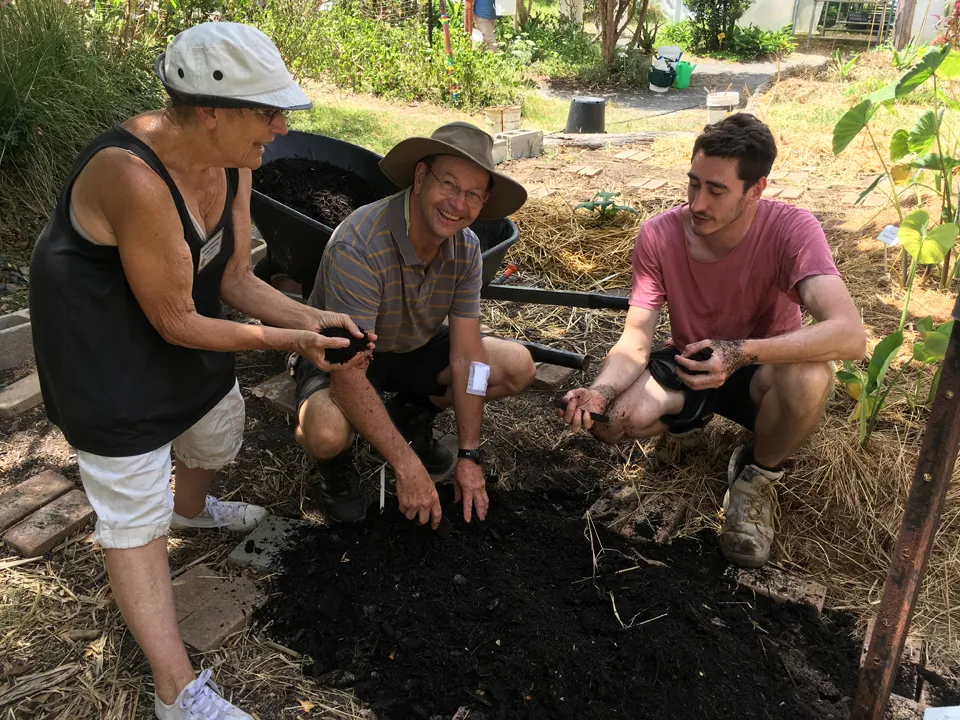
For each five tonnes of waste, the program is expected to generate 1.5 tonnes of compost, delivering increased circularity for Sunshine Coast businesses and laying the foundations for new perspectives on food waste. The first batch of compost was used on the YCG vegetable gardens while future batches will be available for sale from the gardens.
“We have been able to show businesses that their waste is a really valuable resource,” said Emily.
Anyone keen to learn more about composting is welcome to visit Yandina Community Gardens, view the different composting systems and take away some tips and tricks about composting at home.
Community workshops are also planned to educate people about the new black soldier fly system.
Drop into Yandina Community Gardens Mondays, Tuesdays and Saturdays or check out their website at yandinacommunitygardens.com.au.
Or share the journey via Facebook and Instagram.
1. Food Waste Facts, OzHarvest; accessed online December 2020.
2. Food Waste in Australia%2520%255B1%255D.&text=Food%2520left%2520to%2520rot%2520in,landfill%252C%2520polluting%2520waterways%2520and%2520groundwater.>), Future Directions International; published online 13 May 2014.
